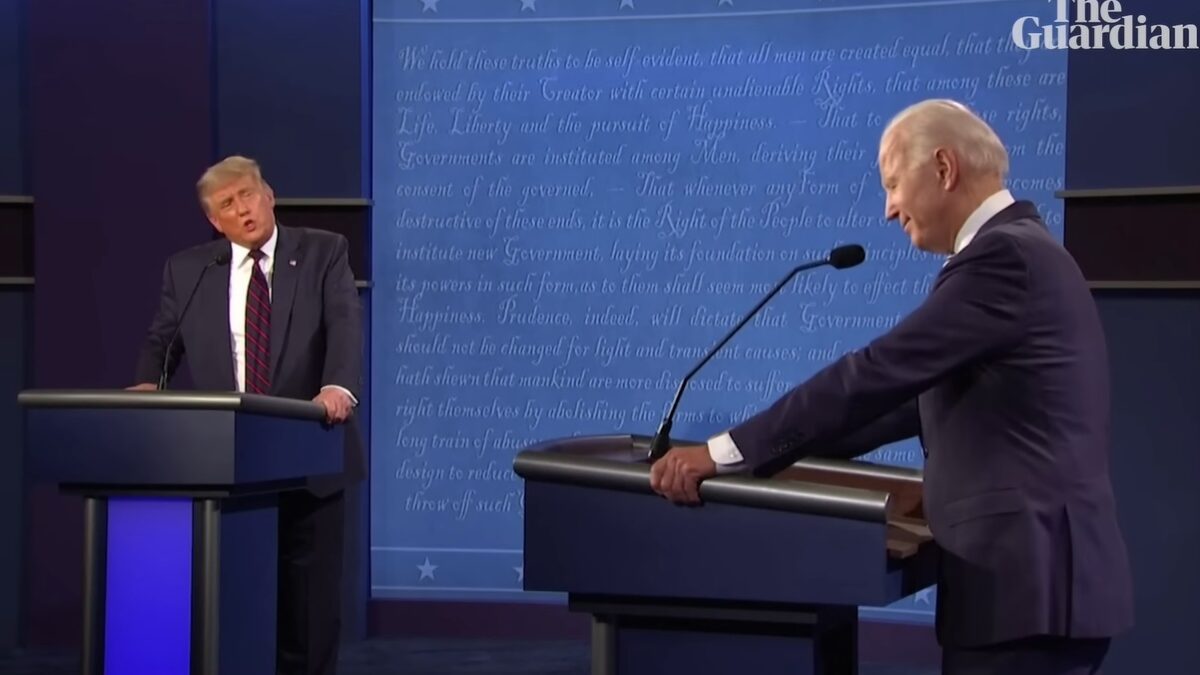The American experiment seems to be going awry in unexpected and disturbing ways. Despite the health of the national economy, troubling signs abound: declining birthrates, family breakdown, rising mortality from suicide or drug overdose, social tribalism, political dissatisfaction, fraying social ties and gnawing isolation. In Europe, Western civilization seems to be in an even worse state of decay.
Leon Kass’s new book, “Leading a Worthy Life,” has plenty of practical advice. A modern-day Renaissance man who has spent decades teaching the Great Books at the University of Chicago and St. John’s College, Kass has produced a revised and updated selection of previously published essays that diagnose how, from romance and marriage to sports, education, and the end of life, we’ve lost our way. He makes a strong case that in America today our cultural practices are so disjointed and our social arrangements so unsatisfactory because too many of us no longer seek a life that reflects the dignity of mankind and the fullness of human experience.
Kass aims to remind us where we went wrong, by enunciating what many Americans “seek in their heart of hearts but have forgotten how to articulate or defend.” We’ve forgotten these things because we’ve become spiritually impoverished, mainly by mistaking freedom and prosperity for ends in themselves rather than means to a good life, to genuine human flourishing. We have forgotten, that is, what it means to be a human being.
Kass argues that to wage war against this spiritual poverty we need better elites, and institutions that will inspire and sustain cultural renewal. But first, “we need a full-throated intellectual defense and celebration of what most Americans still tacitly know and live by. And this requires an account of why and how our most worthy practices answer to our deepest human aspirations and longings.”
So Kass takes us through some of those practices, beginning with a chapter on courtship (he isn’t afraid of antique terms like “courtship” or “bastard,” which help recall things we once knew). In a way, his discussion of courtship serves as a stand-in for a host of traditional practices that have disappeared from American life and have left young people adrift. He seems to have special sympathy for those trying to find their way into honorable adulthood.
For all the talk of single parenthood and rampant divorce, Kass notes that there isn’t much discussion of what makes for marital success, much less “the ways and mores of entering into marriage, that is, to wooing or courtship.” But of course we don’t talk about wooing and courtship because they barely happen anymore, which is a big problem.
“Today there are no socially prescribed forms of conduct that help guide young men and women in the direction of matrimony,” writes Kass, noting that it’s not just a problem for the lower classes. The reason for the loss of these practices is that we have forgotten, somehow, why people ought to get married in the first place. These days, anyone who knows a 20- or 30-something singleton who wants to get married knows what Kass is talking about. “[T]he way to the altar is uncharted: It’s every couple on its own, without a compass, often without a goal. Those who reach the altar seem to have stumbled upon it by accident.”
Read the full article in The Claremont Review of Books.









